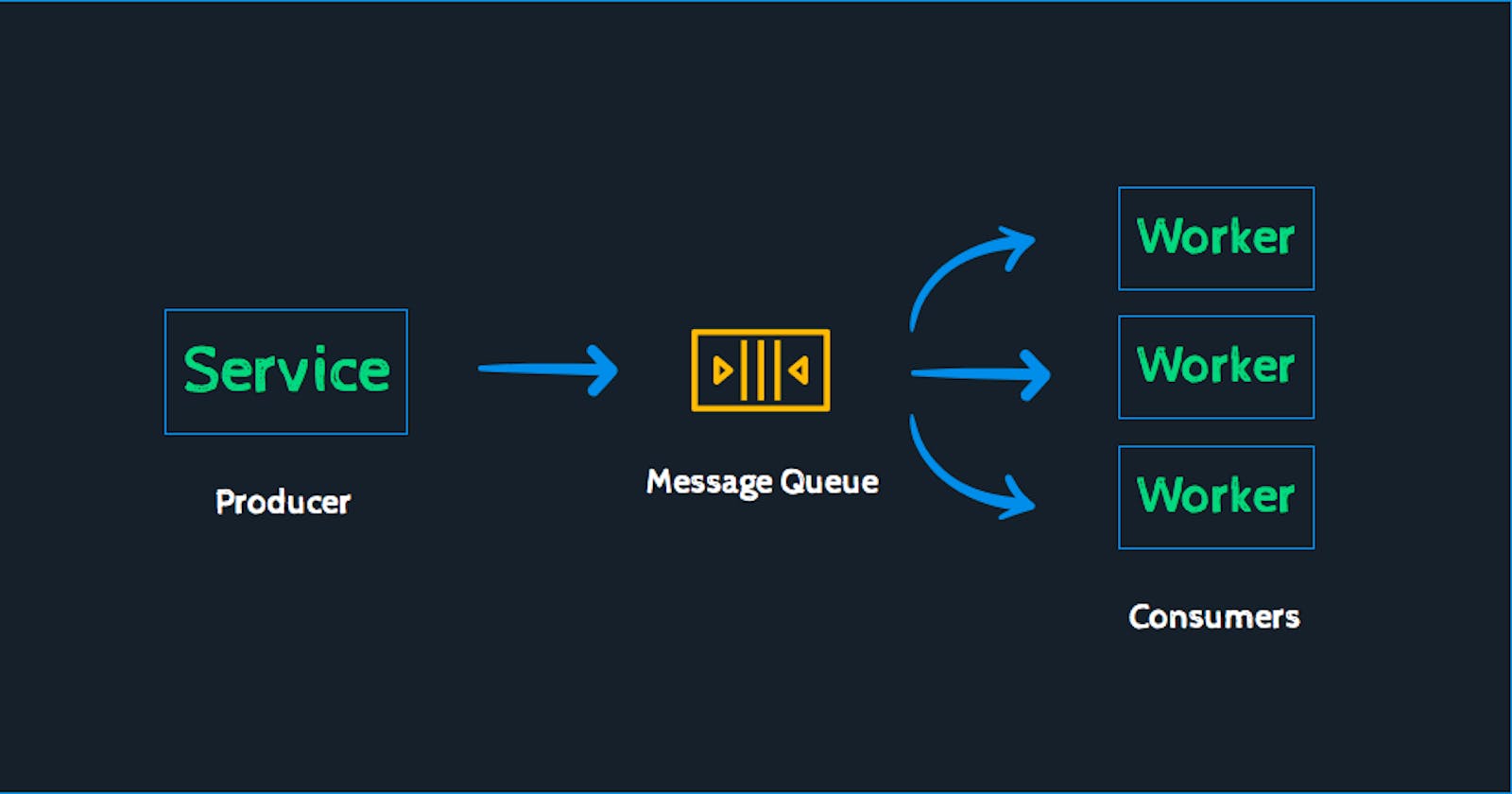A message broker is a software component that facilitates the exchange of information between different applications, systems, or services. It acts as an intermediary between the sender and the receiver of a message, ensuring that the message is delivered in a reliable and timely manner.
How does a Message Broker work?
A message broker receives messages from one or more producers and forwards them to one or more consumers. The producer is the application or system that sends the message, while the consumer is the application or system that receives the message.
The message broker typically follows a publish-subscribe model, where the producer sends the message to a specific topic, and the consumer subscribes to that topic to receive the message. The message broker is responsible for routing the message from the producer to the consumer based on the topic.
Types of Message Brokers
There are several types of message brokers, including:
Point-to-point message brokers: These brokers route messages from a single producer to a single consumer.
Publish-subscribe message brokers: These brokers route messages from a single producer to multiple consumers, based on the topic of the message.
Request-reply message brokers: These brokers facilitate the exchange of messages between a single producer and a single consumer in a request-response manner.
Examples of Message Brokers
Some popular examples of message brokers include:
Apache Kafka: A distributed, publish-subscribe message broker that is commonly used for building real-time data pipelines and streaming applications.
RabbitMQ: An open-source message broker that supports a variety of messaging protocols, including AMQP, MQTT, and STOMP.
ActiveMQ: An open-source message broker that supports a variety of messaging protocols, including AMQP, MQTT, and STOMP.
Amazon Simple Queue Service (SQS): A fully managed message broker service that is part of the Amazon Web Services (AWS) platform.
Benefits of using a Message Broker
There are several benefits to using a message broker in your application or system:
Decoupling of systems: A message broker allows different applications or systems to communicate with each other without being directly connected. This decoupling of systems allows for more flexibility and scalability.
Asynchrony: A message broker allows the producer and consumer to operate asynchronously, meaning that they do not have to be running at the same time. This can be useful in situations where the producer and consumer have different processing speeds or availability requirements.
Reliability: A message broker can provide features such as message persistence, delivery guarantees, and retries to ensure that messages are delivered reliably.
Scalability: A message broker can handle a large number of messages and a high volume of traffic, making it well-suited for use in distributed systems.
Conclusion
In summary, a message broker is a software component that facilitates the exchange of information between different applications, systems, or services. It acts as an intermediary between the sender and the receiver of a message, ensuring that the message is delivered in a reliable and timely manner. There are several types of message brokers, including point-to-point, publish-subscribe, and request-reply brokers, and some popular examples include Apache Kafka, RabbitMQ, ActiveMQ, and Amazon SQS. Using a message broker can offer benefits such as decoupling of systems, asynchrony, reliability, and scalability.
